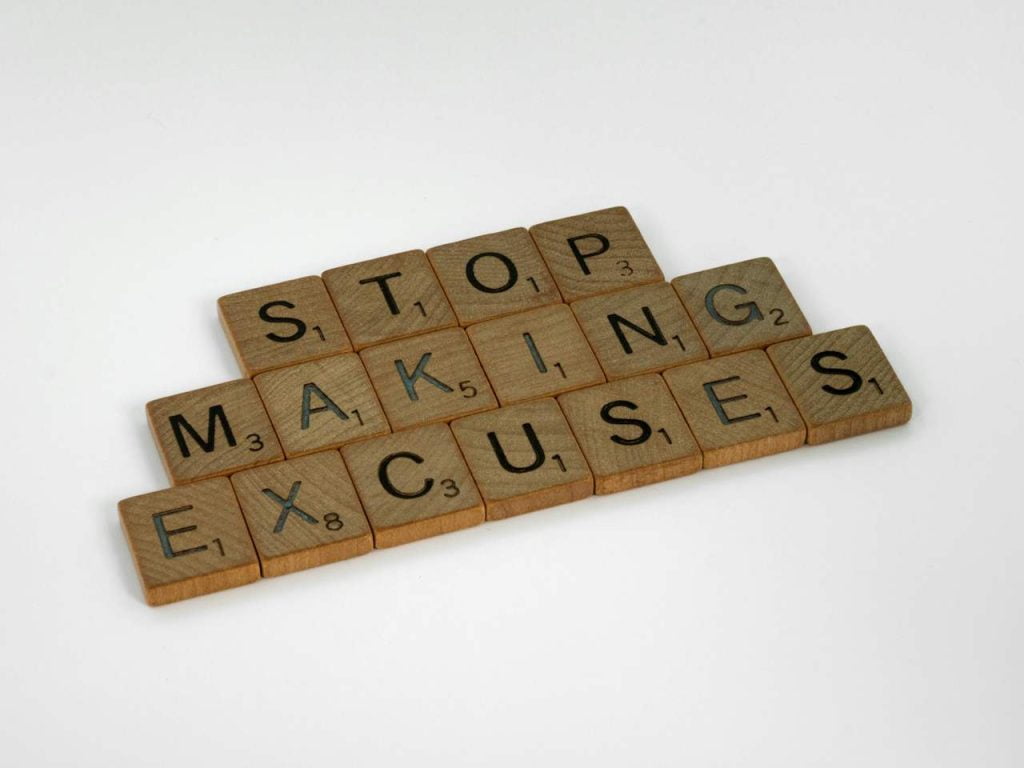Life naturally involves successes and failures. For many people the down periods are felt more acutely due to the presence of an inner critic, a self-judging commentator.
Phrases like “I’m not good enough”, “unlikeable”, “a bad person/partner/friend/parent”, “a failure” etc not only create intense suffering but often undermine learning, and lead to defeat, which tragically then fuel the inner critic.
Having seen so many people suffer with this in my practice, and experiencing my own self-criticism at times, I know that addressing it is not as simple as just ignoring it or trying to think more positively. There are many different ways of learning to be kinder to yourself.
Here’s one tip: recognise the difference between personal vs contextual explanations of behaviour.
When we make sense of our behaviour by linking it to who we are, we ignore that historical and environment factors influence behavior. What you do is not who you are!
Here is an example. A significant other does something to irritate you and you snap at them. Obviously it’s not ok to treat someone else poorly, and it is good to own your behaviour. But it’s helpful to work out what shaped your response, without resorting to personalised explanations.
So assume that you’re not a lousy person, what else may have influenced your behaviour? Were you tired, anxious or stressed at the time? Even if your snapping is not a once-off event but a pattern, consider the role of your past experiences in shaping that way of communicating.
If you can identity the specific factors that underly your behaviour, you are more likely to change it.




